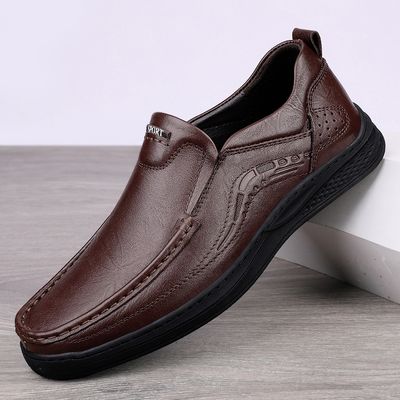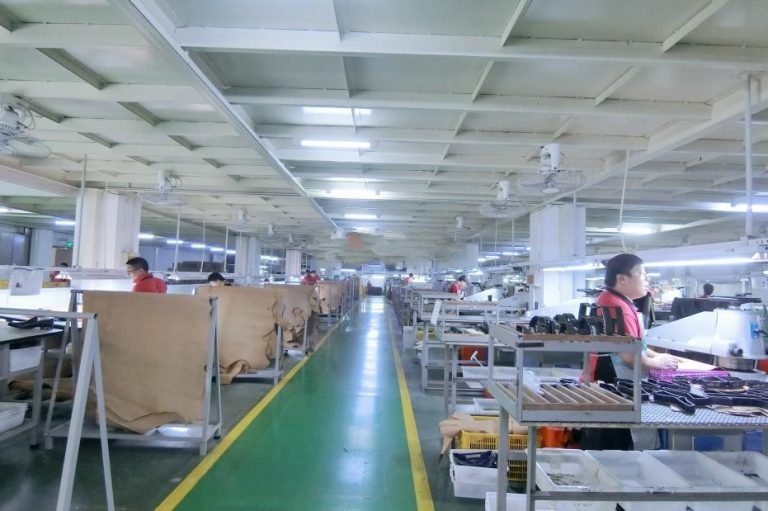Discover how Jinjiang-based footwear factories blend cutting-edge technology, eco-friendly materials, and agile production to create sustainable shoes for global markets. Optimize your supply chain with cost-effective, scalable solutions.
—
Introduction
Nestled in China’s southeastern coast, Jinjiang—the “World Shoe Capital”—has become a global benchmark for sustainable footwear innovation. Home to over 3,000 manufacturers producing 40% of China’s footwear, this region is redefining the industry by merging tradition with advanced eco-conscious practices. For international brands seeking reliable partners, Jinjiang factories offer unparalleled expertise in delivering high-quality, environmentally friendly shoes while maintaining unmatched cost efficiency and scalability. This article explores the strategies driving Jinjiang’s green manufacturing revolution.
—
1. Sustainable Materials: Redefining Footwear from the Ground Up
Jinjiang factories prioritize eco-friendly materials to reduce environmental impact without compromising performance:
– Recycled Polyester: Factories repurpose post-consumer plastic bottles into durable uppers, diverting 10,000 tons of waste annually.
– Natural Rubber Alternatives: Bio-based rubber derived from guayule plants replaces petroleum-based alternatives, offering equal flexibility with a 40% lower carbon footprint.
– Ocean-Bound Plastics: Discarded fishing nets and microplastics are transformed into lightweight outsoles, supporting global ocean conservation efforts.
These materials align with global sustainability standards (OEKO-TEX, Cradle to Cradle) and appeal to eco-conscious consumers.
—
2. Energy-Efficient Production: Smart Factories for a Greener Future
Jinjiang’s factories integrate automation and renewable energy to minimize ecological footprints:
– AI-Driven Cutting Systems: Laser-guided machines optimize fabric usage, reducing waste by 95% compared to traditional methods.
– Solar-Powered Facilities: Leading factories offset 70% of energy consumption through rooftop solar panels and geothermal heating.
– Closed-Loop Water Systems: Wastewater is recycled and treated for reuse in dyeing processes, cutting water usage by 60%.
By prioritizing energy efficiency, Jinjiang manufacturers help brands achieve carbon neutrality goals.
—
3. Agile Customization: Balancing Speed and Sustainability
Jinjiang factories excel in delivering tailored solutions without sacrificing eco-friendly principles:
– 3D Digital Prototyping: Brands collaborate remotely using VR tools to refine designs, eliminating physical samples and reducing material waste.
– On-Demand Production: Small-batch manufacturing minimizes overstock, with factories adjusting output based on real-time market data.
– Modular Design: Shoes feature interchangeable components (e.g., soles, laces) for easy repairs, extending product lifespans by 3x.
This approach reduces costs by 25% while supporting circular consumption.
—
4. Compliance and Transparency: Building Trust Globally
Jinjiang factories adhere to rigorous certifications and provide full supply chain visibility:
– Global Certifications: Factories hold ISO 14001 (environmental management) and BSCI (social compliance) certifications, ensuring ethical practices.
– Blockchain Traceability: Brands track raw materials from source to finished product, verifying sustainability claims.
– Real-Time Analytics Dashboards: Monitor production timelines, carbon footprints, and inventory levels seamlessly.
This transparency strengthens brand reputations and simplifies compliance with EU REACH and U.S. CPSIA regulations.
—
5. Overcoming Challenges with Innovation
Jinjiang factories tackle sustainability hurdles through cutting-edge solutions:
– Biodegradable Packaging: Shoes are shipped in compostable packaging made from cornstarch, replacing plastic wraps.
– Carbon Offsetting Partnerships: Collaborate with reforestation projects to neutralize emissions from logistics.
– Localized Sourcing: 60% of raw materials are sourced domestically, reducing transportation emissions and strengthening supply chain resilience.
These strategies ensure sustainable practices remain scalable and cost-effective.
—
Conclusion
Jinjiang’s footwear factories are setting a new global standard for sustainable manufacturing, blending innovation, compliance, and cost efficiency. By leveraging recycled materials, renewable energy, and agile production, these factories empower brands to meet evolving consumer demands while advancing environmental goals. For global businesses, partnering with Jinjiang means gaining a strategic ally in building a future-ready, eco-conscious supply chain.
Call to Action
Ready to elevate your footwear line with sustainability? Collaborate with Jinjiang’s experts to transform your vision into reality—without compromising quality or profitability.
—
Article link:https://www.vlefooena.com/manufacturer/3691/



No reply content